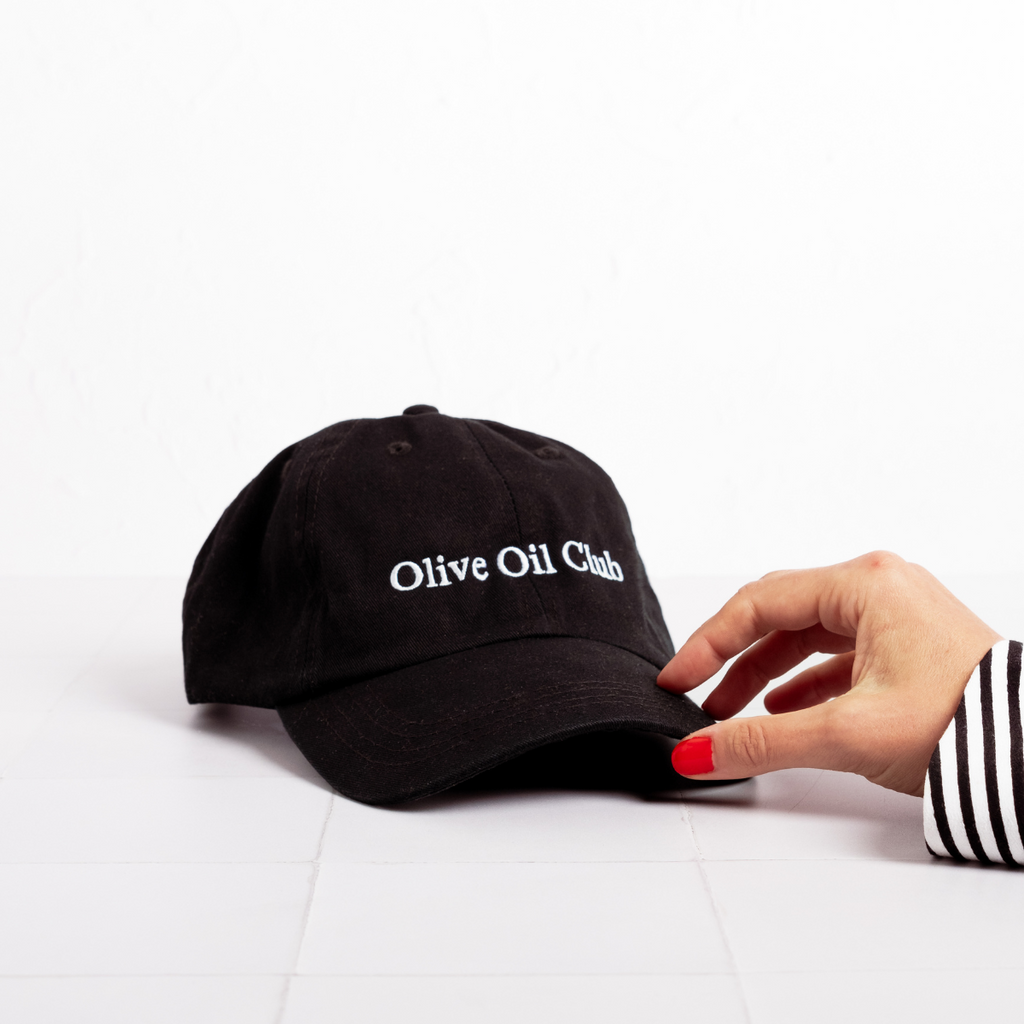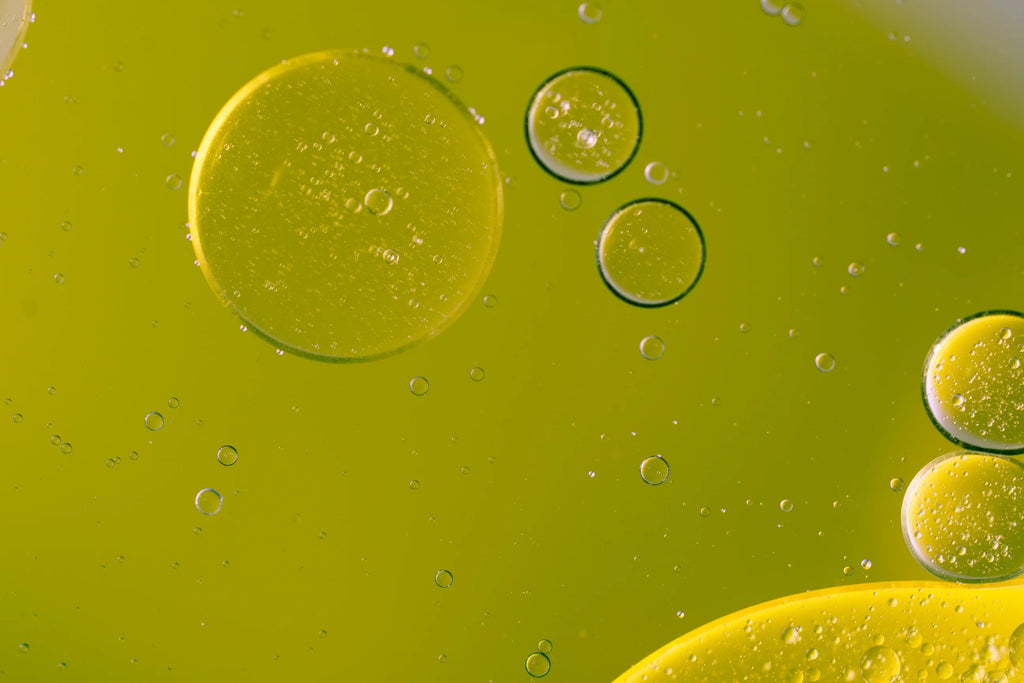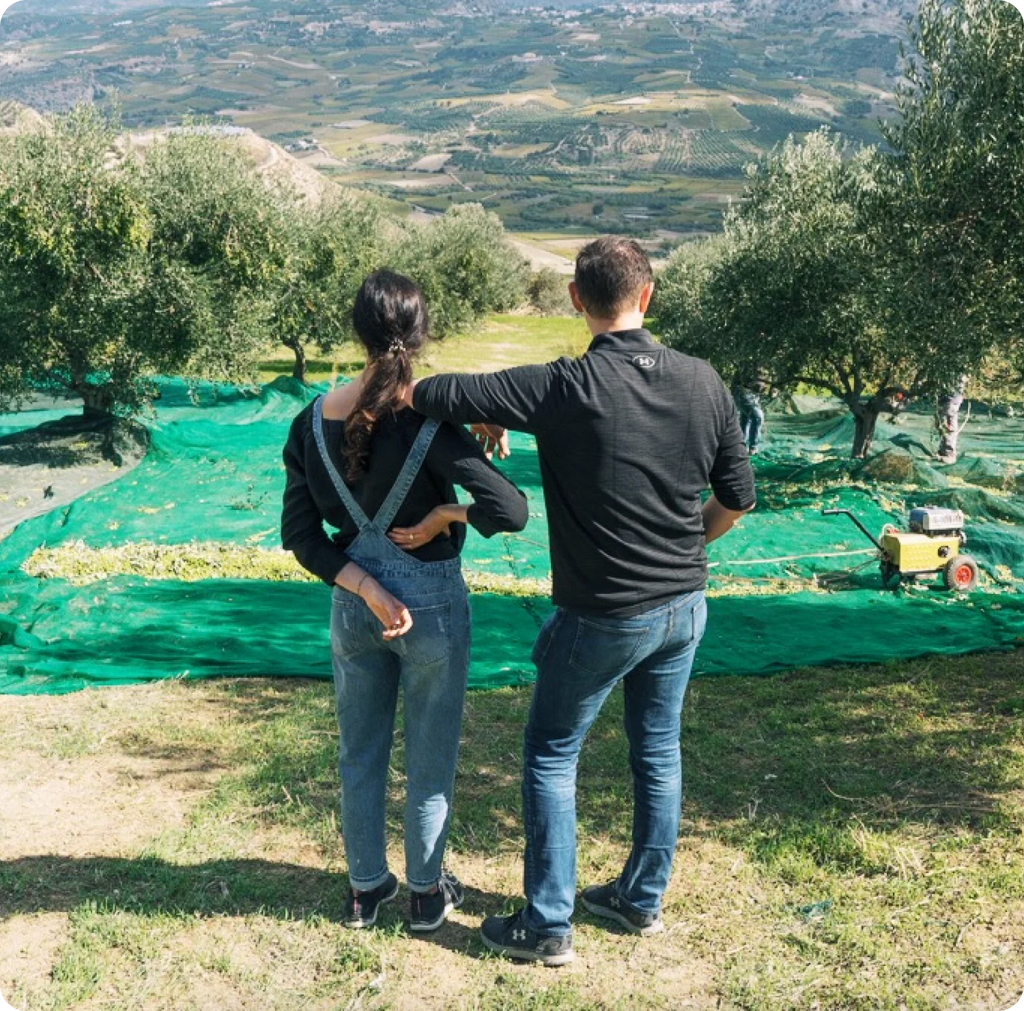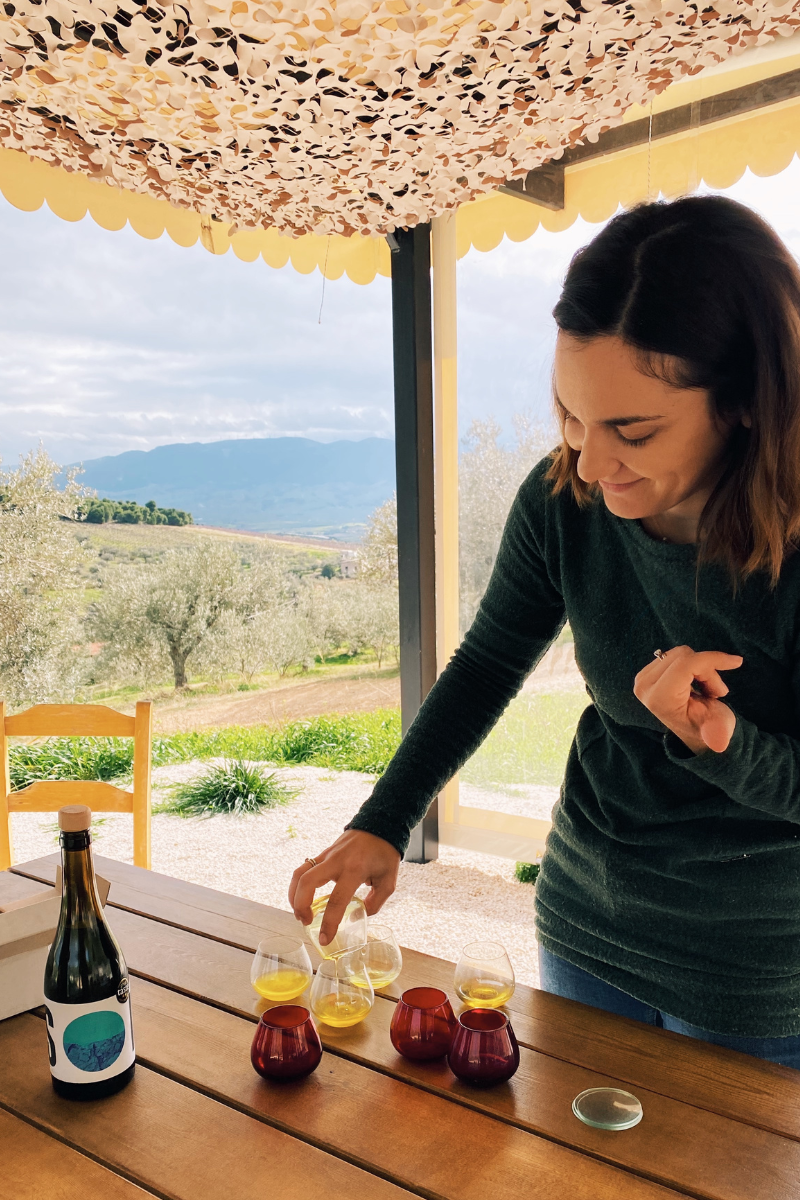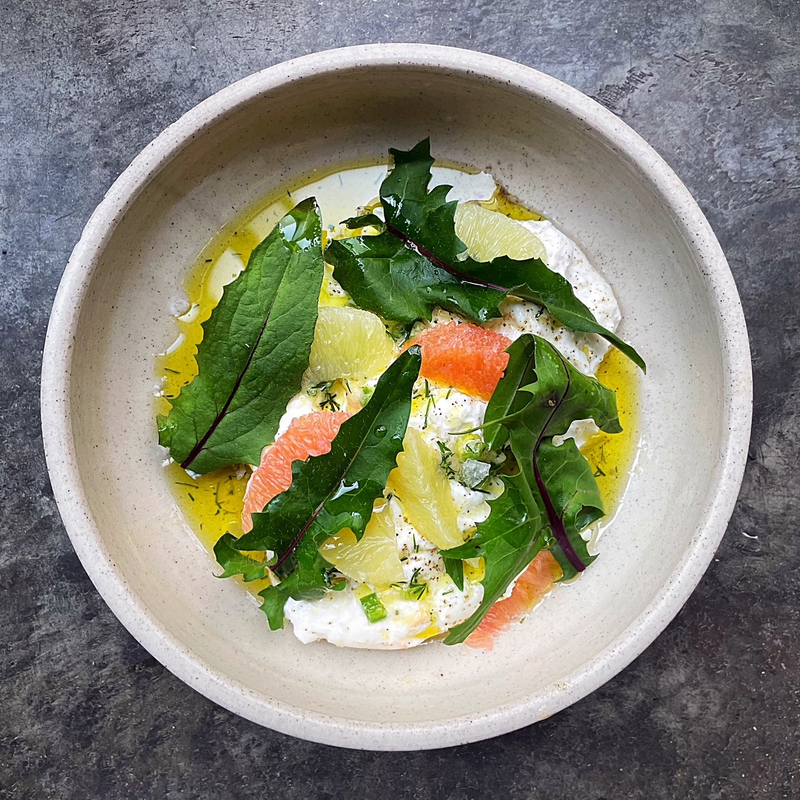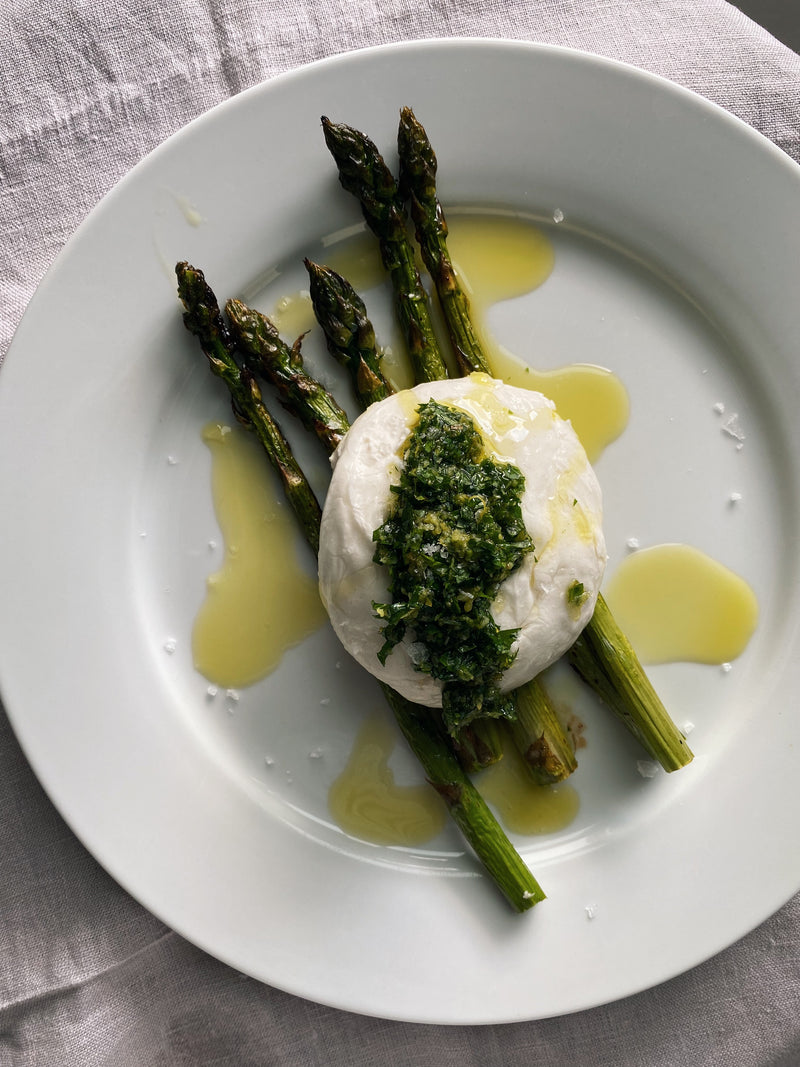What is this white stuff in olive oil? A look at frozen EVOO.
You buy a nice bottle of olive oil, but when you take a closer look, you notice white bits floating around in it. Is this mould? Is it dangerous? Let's have a look at this common, cold-weather condition...
Through that dark glass (yes, it should be dark *not* clear), you see some suspicious shapes. Small pellets, white flex, or crystal-like shapes are swimming around—and it all looks a lot like mould.
But don't toss it yet!
Chill out; your oil might just be a little cold.
We occasionally have customers in the winter send us notes curious as to why their oil looks like this. Some realise it's just frozen, but when one got scared that it looked like "mould", we thought we'd share what's going on here...
What is that white stuff in my olive oil?
Those lumps or floating pellets are actually just the natural wax from the olive fruit.
Just like other natural fats, such as butter or coconut oil, olive oil fat also can solidify in the cold.
Our producer Ana in Alentejo who is also an award-winning olive oil miller, explains "that extra virgin olive oil can solidify anytime under 14C."
Is it dangerous?
No. Totally harmless.
Despite what it looks like, it's not mould.
Extra virgin olive oil, as it has a low moisture content, is generally free from mould.
Oil could have loads of other problems, though, such as going rancid—but even rancid oil won't harm you (it'll just taste bad).
Will it go away?
Since consumer are not often used to products in their natural state, they often get put off by this sort of reaction in their oil. (I mean, floating particles in your liquids does seem a bit ick).
Due to this, some producers can "winterise" their oil to prevent this from happening. Winterisation is an extra process that involves chilling and filtering to remove waxes and other substances.
However, we work with the natural, high-quality state of fresh extra virgin olive oils so our producers DO NO put their oils under high temperatures. This means the molecules don't break like in some other oil treatments, and therefore it can solidify in cold.
Winterising also degrades the flavour and nutrition, so that's not what we're about.
And while we do try to avoid shipments on extreme weather days (such as our very rare heat waves or extreme freezing temperatures), sometimes it still happens.
But good new—just pop it on your counter or in some room-temperature conditions for a while and it'll go back to its liquid gold state.
Note: In the UK, this can take a while in winter!









